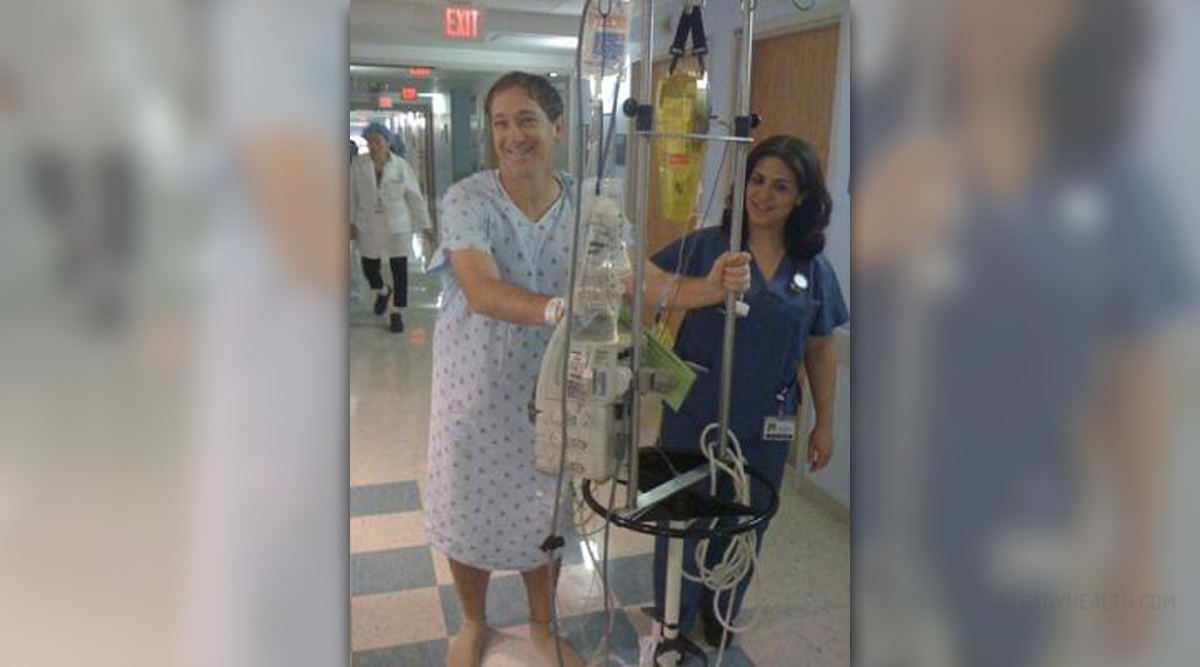
Colon:
Colon is the ending part of the human digestive system and a part of the large intestine. It consists of the ascending, transverse and descending colon. The colon ends with a rectum and its purpose is to extract water and salt from solid wastes before they leave the body.
Colon cancer:
Colon cancers are predominantly adenocarcinomas and they develop from the lining of the large intestine and rectum. They start their development as a swelling on the surface of the mentioned lining or on a polyp. During its development, it invades the walls of the intestine and rectum and, as the stage of this type of cancer is later, it invades nearby or distant lymph nodes and the liver. And in final stages, it invades distant organs.
In developed countries, this type of cancer is one of most common and deadliest types of cancer. Family history, diet can increase the chances of developing this type of cancer. Early symptoms may include blood in patient's stool or when the bowel is moving, fatigue, constipation, losing weight, etc...
It can be discovered with a colonoscopy and successfully cured if caught at early stages, so people over 50 should have regular screening procedures done. Since this type of cancer grows very slow, and one of indicators is blood in stool, (which sometimes can't be seen with a naked eye) middle-aged and elderly people should control their faeces as often as possible.
Other types of diagnostic procedures may include sigmoidoscopy (examining the lower parts of large intestine with a viewing tube), CT (Computer Tomography), video capsule endoscopy, colonoscopy, etc... When cancer is diagnosed, the specialist will perform chest X-ray, abdominal CT, blood tests and other indicated procedures to, as precise as possible, determine the condition of the affected person and properties of colon cancer.
Surgery:
Surgery is main treatment for colorectal cancer. The largest number of surgeries are done by removing the affected part of the colon, nearby lymph nodes and rejoining the colon after that. If the cancer penetrated deeply into the wall of the large intestine and spread to small number of nearby lymph nodes, chemotherapy and radiation therapy are also indicated, but the positive outcome is much more uncertain.
Sometimes, it is needed to remove the whole rectum and anus, depending on how far cancer spread. People who had the whole rectum and anus removed, will have to use a colostomy bag for the rest of their lives.
Depending on how far the cancer spread, there are various protocols of surgery, chemotherapy or radiation therapy. For cancers that affected only the inner lining or space between inner lining and muscle tissue, process of treatment is just a removal of affected tissue (stage 1).
For cancers that spread to muscle layer and outer layer of the colon, chemotherapy is indicated as a prevention method (stage 2).
If cancer spread to nearby lymph nodes, a combination of chemotherapy and radiation therapy of visible parts is used to cure or prolong the life (stage 3). Cancer affected distant organs (liver) and distant lymph nodes, palliative (relief) therapy is used to improve the quality of the rest of the patient's life.


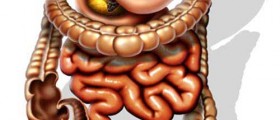
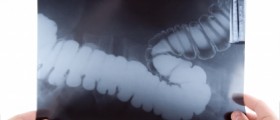





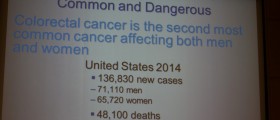
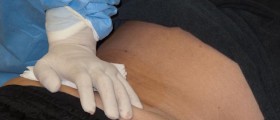
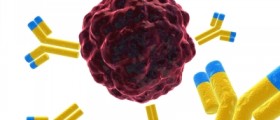



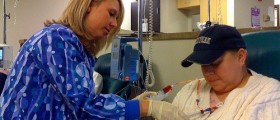

Your thoughts on this
Loading...